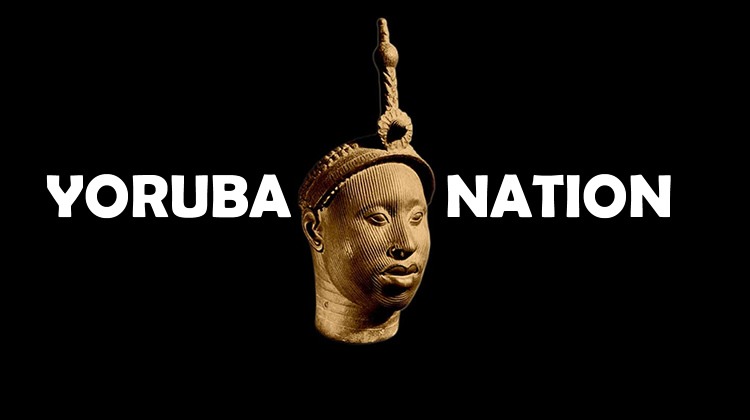The Yoruba and the North: Revisiting History Beyond Presentist Bias
 In my December 21, 2024 column, titled “Kemi Badenoch’s Yoruba Identity Meets Inconvenient Truths,” I aimed to clarify that, contrary to Kemi Badenoch’s claim, the Yoruba and the “North” share deep historical and cultural connections. However, this attempt sparked a backlash from some Yoruba nationalists who misinterpreted my arguments as positioning the Yoruba as inferior in comparison to other ethnic groups.
In my December 21, 2024 column, titled “Kemi Badenoch’s Yoruba Identity Meets Inconvenient Truths,” I aimed to clarify that, contrary to Kemi Badenoch’s claim, the Yoruba and the “North” share deep historical and cultural connections. However, this attempt sparked a backlash from some Yoruba nationalists who misinterpreted my arguments as positioning the Yoruba as inferior in comparison to other ethnic groups.
If the column came across this way, it likely stems from the presentist approach—looking at history through the lens of today’s identities and values. This form of analysis often distorts the past, as I discussed with Dr. Lasisi Olagunju, who responded to my piece with a lengthy rebuttal. My response aims to clarify my position and correct certain misconceptions.
“A Clash of Historians: Revisiting Kemi Badenoch’s Yoruba Identity Debate”
Dr. Olagunju took particular issue with my observation that “Yoruba,” as a collective identity, is an exonym that originally referred to people from Oyo and was coined by northern neighbors, not a term self-adopted by the various Yoruba subgroups. The name traces back to northern Nigeria and was used by the Hausa and other groups in the region long before it gained widespread usage among the people it now describes.
This historical fact is well-documented. As I pointed out, Oba Sikiru Adetona, the Awujale of Ijebuland, still asserts that the Ijebu are not Yoruba. Additionally, historical records show that in 1859, the newspaper Iwe Irohin fun awon Egba ati Yoruba (Newspaper for the Egba and Yoruba people) clearly differentiated between the Egba and the Yoruba, implying that the term “Yoruba” wasn’t widely accepted by all groups at the time.
“The Yoruba Identity Controversy: An Intellectual Exchange Between Historians”
Dr. Olagunju’s response drew on specific Yoruba nationalist narratives to challenge my arguments, but it disregarded extensive research from respected historians like Professor Biodun Adediran, who demonstrated that “Yoruba” was a term used primarily by outsiders—specifically the Hausa—for the people of Oyo. Dr. Adediran’s 1984 article clearly shows that the name was not native to the Yoruba and was first recorded in Arabic and European sources based on Hausa accounts.
Additionally, recent works by Dr. Hussaini Abdu and Professor Akinwumi Ogundiran further support the idea that the term was adopted by Yoruba-speaking people only much later, largely through European insistence and the context of colonialism.
“Beyond Ethnic Boundaries: How the Yoruba and North Are Historically Interconnected”
The historical connection between the Yoruba and northern Nigeria extends well beyond the name “Yoruba.” From the Songhai and Borgu influences on Oyo to the shared Islamic history between the regions, the ties are evident. My intention was never to create a hierarchy of ethnic importance, but rather to highlight the deep historical entanglements between these regions, a reality that some may find inconvenient today.
Historians such as Professor Robin Law and Professor Babatunde Agiri have long recognized the Borgu dynasty’s influence on the Oyo Empire. Borgu settlers, particularly warriors, played a significant role in shaping the military and political history of Oyo. The historical intertwining of the Yoruba and their northern neighbors cannot be dismissed, but it doesn’t negate anyone’s right to pride in their regional or ethnic identity.
Ultimately, the Yoruba and the North have been closely linked throughout history, but that does not mean they should be forced into a unified identity in the present. This exploration of history is not about diminishing any group’s cultural significance; it’s about understanding the complex and multifaceted reality of our past.













